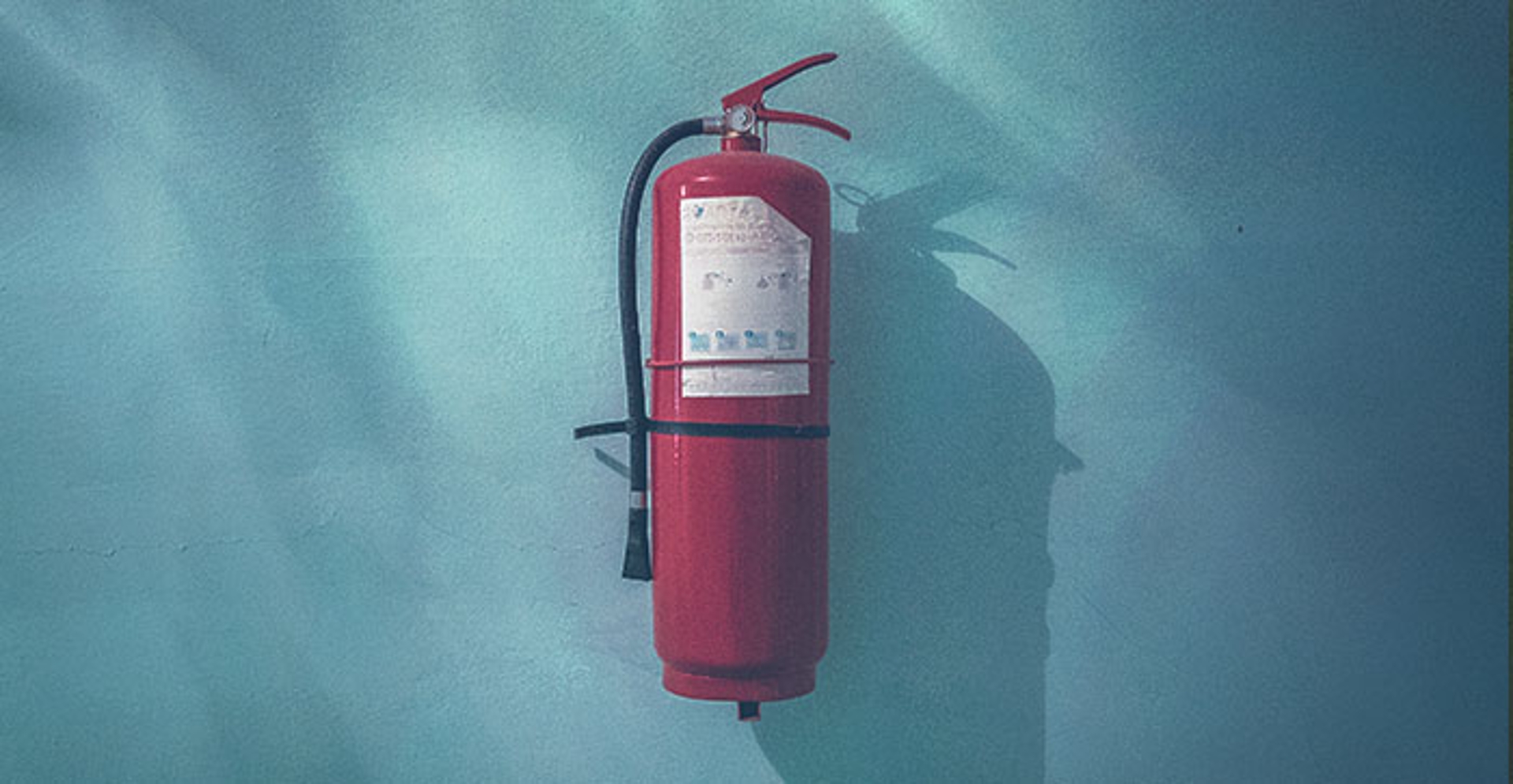9
Oct 2019
During Fire Prevention Week, there are many ways you can ensure that your home and family are safe from the myriad dangers that fires present. It is important to follow fire safety protocol as it gives people the ability to get out of a building promptly and safely in the event of a fire.
Fires are unpredictable and can cause devastating loss of life and property. The U.S. Fire Administration states that, in 2017, there were 1,319,500 reported fires that resulted in 3,400 deaths and 14,670 injuries in the United States.
It's important to develop a comprehensive fire safety plan, which can help save lives when used in tandem with functioning smoke and carbon monoxide detectors. However, the National Fire Protection Association says only about one-quarter of households actually have developed and practiced a fire-escape plan or have taken measures to prevent fires around their homes.
Here are some ways to stay safe.
· Repair or replace malfunctioning kitchen appliances promptly. Continuing to use unsafe appliances might save you money initially, but it's not worth the risk. Keep appliances clean and always use them according to manufacturer's instructions.
· Do not leave a room while cooking. The Consumer Product Safety Commission says that most kitchen fires, which can ignite in as little as one minute, start after someone left the room. Staying present ensures that you can acknowledge and attend to any fires that can potentially occur before they get out of hand.
· Keep a fully charged and functioning fire extinguisher on the premises, preferably one on each floor of a home or business. Be sure that everyone in your home or building knows how to properly use a fire extinguisher and where they are located.
· Do not overload power strips with plugs, and have a licensed electrician inspect and suggest updates to antiquated wiring systems. Electrical fires can be easily avoided with a little precaution.
· Teach children about the dangers of playing with fire. Establish items such as matches and lighters as 'adult only' items. Ensure that children know to consult an adult before using any appliance that could potentially start a fire.
· Pull together all members of an office or household to come up with an effective evacuation plan. Walk through the building and inspect all possible escape routes. Mark two ways out of each room. If a window exit is recommended, have a functioning ladder that can provide safe egress.
· Choose an outside meeting place that is far away from the residence or building, but close enough that it can be easily reached by all.
· Set up a buddy system so that certain members of the family or company will be responsible for helping elderly, young or disabled people exit the premises.
· Practice identifying escape routes, and institute regular evacuation plans so that everyone can function quickly should a fire occur.
Fires can spread quickly and easily claim lives. By addressing fire risks and implementing safety plans, you can save lives.






